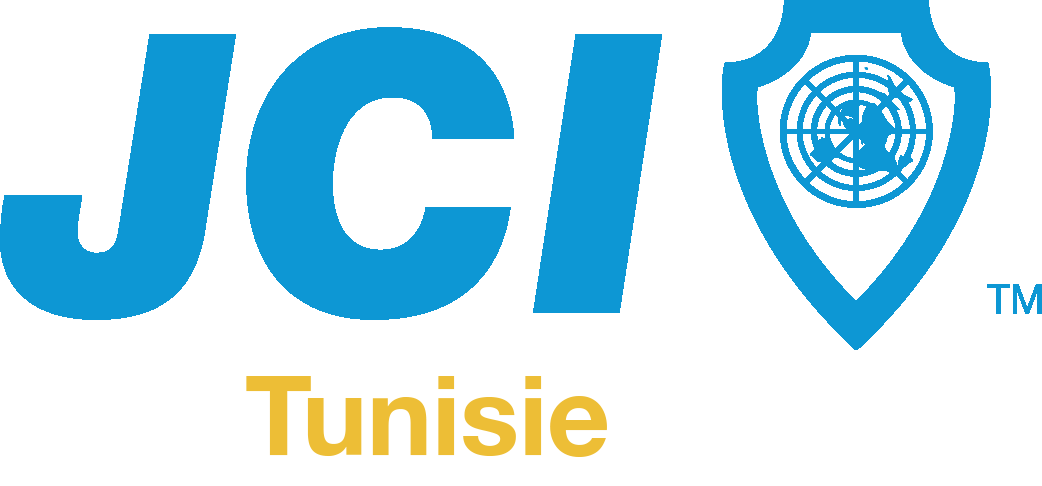14 Misconceptions Commonly Held About Buy German A1 Certificate

Understanding the German A1 Certificate: A Comprehensive Guide to Purchase and Preparation
In an age of globalization and intercultural exchange, the German language has become one of the most in-demand languages on the planet, especially in Europe. For people intending to improve their professional qualifications, research study in Germany, or just engage in significant travel experiences, acquiring a German A1 Certificate has actually ended up being an important endeavor. This article sheds light on what the A1 certificate entails, its advantages, the buying process, and important preparation pointers.
What is the German A1 Certificate?
The German A1 Certificate is an official evaluation that shows a student’s fundamental understanding of the German language. It is the first level of the Common European Framework of Reference for Languages (CEFR), which categorizes language proficiency throughout 6 levels: A1, A2, b1 certificate, B2, C1, and C2.
Attaining an A1 Certification demonstrates that the individual can:
- Understand and use simple everyday expressions and expressions.
- Present themselves and others.
- Ask and respond to concerns about personal details like where they live, individuals they know, and things they have.
- Communicate in an easy method, offered the other person talks slowly and plainly.
Advantages of Acquiring a German A1 Certificate
An A1 certificate can be helpful for a number of factors:
-
Entry Requirement for Further Learning: Obtaining the A1 certificate is frequently the very first action towards pursuing higher levels of German proficiency (A2, B1, etc).
-
Work Opportunities: Many business in German-speaking nations look for prospects with a fundamental understanding of the language, making the A1 certificate a strong property.
-
Cultural Integration: Learning the fundamentals of the language assists in smoother interaction with native speakers, which can improve cultural understanding and social combination.
-
Traveling: For tourists, knowing fundamental German can significantly boost the experience, making interaction simpler and more satisfying.
How to Buy a German A1 Certificate
Acquiring a German A1 certificate does not imply buying a main file without taking an exam. Real certificates need to be earned through authorized testing centers. Here are the actions one typically follows to get a German A1 certificate lawfully:
-
Research Authorized Testing Centers: Look for institutions accredited by the goethe institut zertifikat Goethe Zertifikat B2 kaufen C1 kaufen (Going to movemist77.werite.net)-Institut, TELC (The European Language Certificates), or other recognized language companies.
-
Register for the Exam: Once an ideal testing center is recognized, prospects can register for the exam. Registration normally includes submitting an application type and paying an evaluation fee.
-
Prepare for the Exam: Candidates need to assign adequate time for preparation. There are different resources– online classes, textbooks, and language apps– that can help in studying.
-
Take the Full Exam: A1 examinations typically include 4 elements: listening understanding, reading understanding, written expression, and oral expression. Candidates need to demonstrate proficiency in all these locations.
-
Get Your Results: After taking the exam, prospects will get their outcomes and, upon passing, will be issued the A1 certificate.
Preparation Tips for the German A1 Exam
Preparing for the German A1 exam can be both enjoyable and effective with the right technique. Here are some ideas to help prospects prepare:
-
Enroll in a German Language Course: Whether online or in-person, formal courses supply structured knowing and expert guidance.
-
Use Language Apps: Applications like Duolingo, Babbel, and Rosetta Stone are popular tools for interactive, on-the-go language practice.
-
Practice Speaking: Engage with native speakers or join language exchange groups. Speaking practice is important for establishing fluency.
-
Study Vocabulary and Grammar: Focus on fundamental vocabulary covering greetings, numbers, instructions, and daily items, goethe institut zertifikat along with necessary grammatical guidelines.
-
Listen and Watch German Media: Consuming German material such as music, podcasts, and films can improve listening skills and familiarize learners with the language’s rhythm and pronunciation.
Frequently asked questions about the German A1 Certificate
Q1: How long does it take to prepare for the A1 exam?A1 preparation time can vary based upon individual learning speeds, but usually, 80 to 100 hours of research study can be enough for standard efficiency.
Q2: What is the expense of the A1 exam?The expense differs based upon the screening institution and area but typically varies from EUR100 to EUR200. Q3: How long is the A1 certificate valid?The A1 certificate does not expire, as it reflects your language proficiency at a specific moment. Nevertheless, additional learning and accreditation are encouraged for career advancements. Q4: Can I take the A1 exam online?Some testing centers offer online examinations for A1 accreditation, while others require in-person participation. Consult the specific organization for information. Q5: What happens if I fail the A1 exam?If a candidate does not pass the exam, they can usually retake it after a waiting duration. It’s recommended to examine
the locations that require improvement before reattempting. Acquiring a German A1 certificate can open many doors, whether for travel, work, or further education. While the alternative to « buy »a certificate without evaluation may appear attractive, genuine acquisition through research study and screening guarantees the individual possesses the required language abilities. With devotion, support, and preparation, candidates can effectively browse the course to achieving their German A1 accreditation, paving the method for innovative language knowing and enriching experiences in German-speaking environments.
